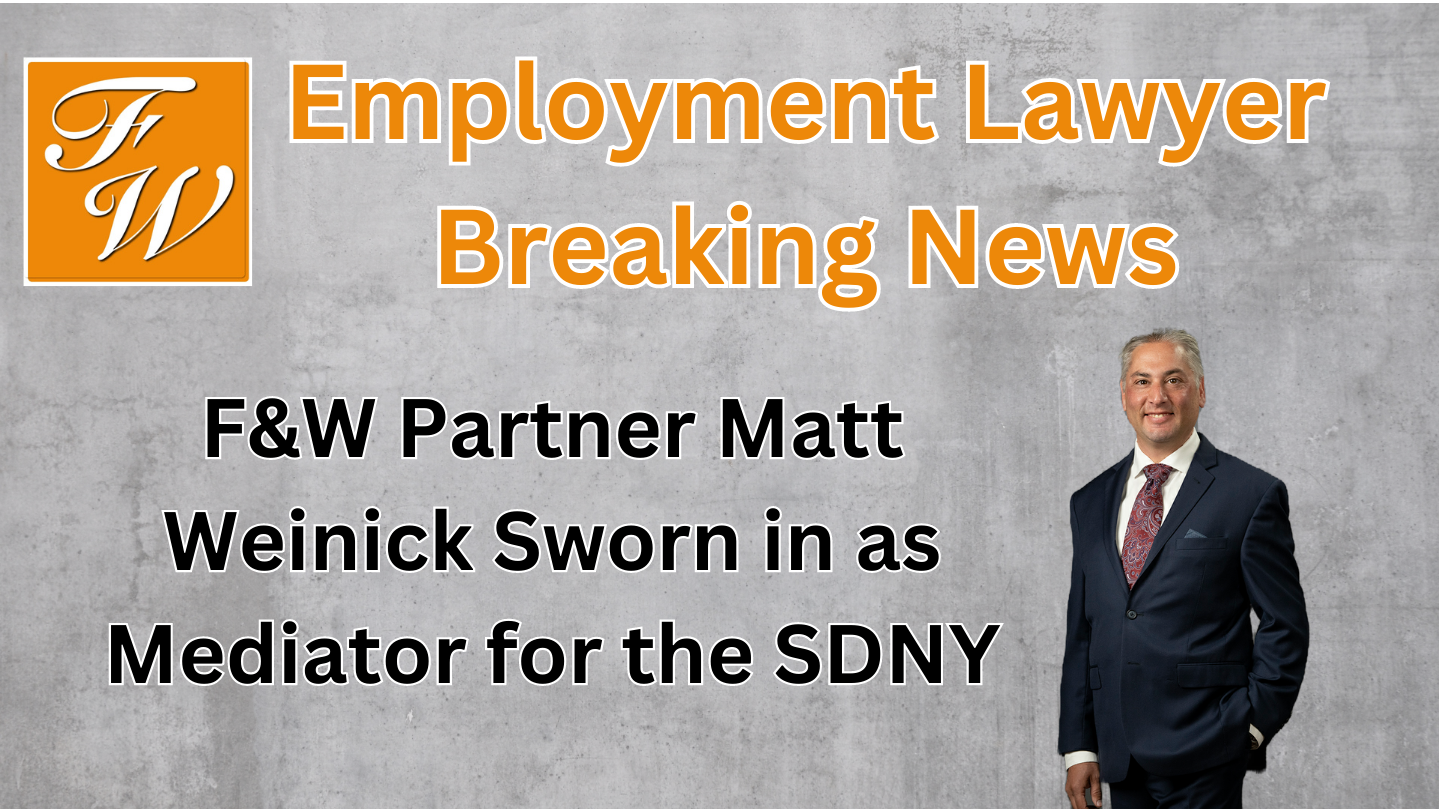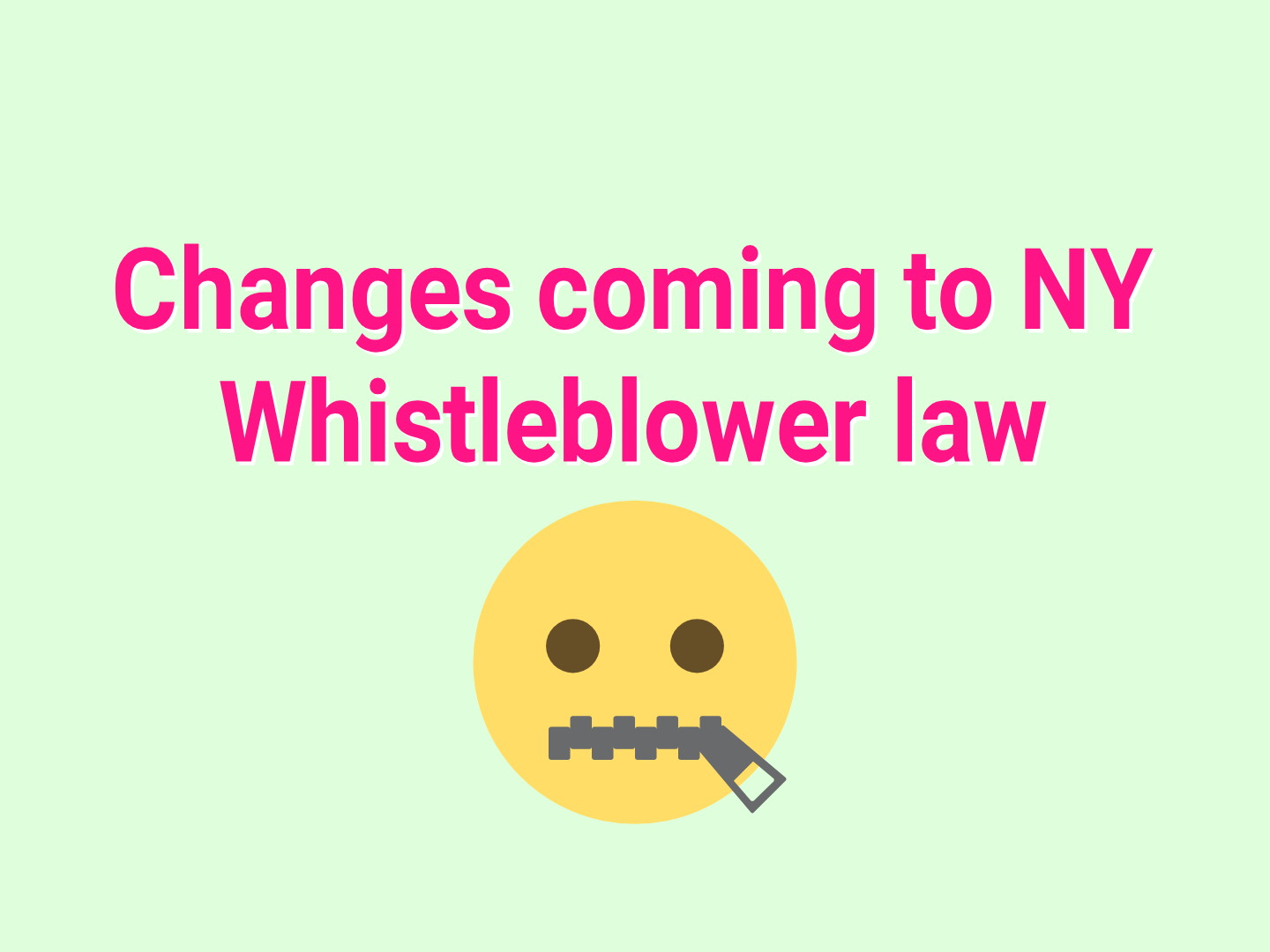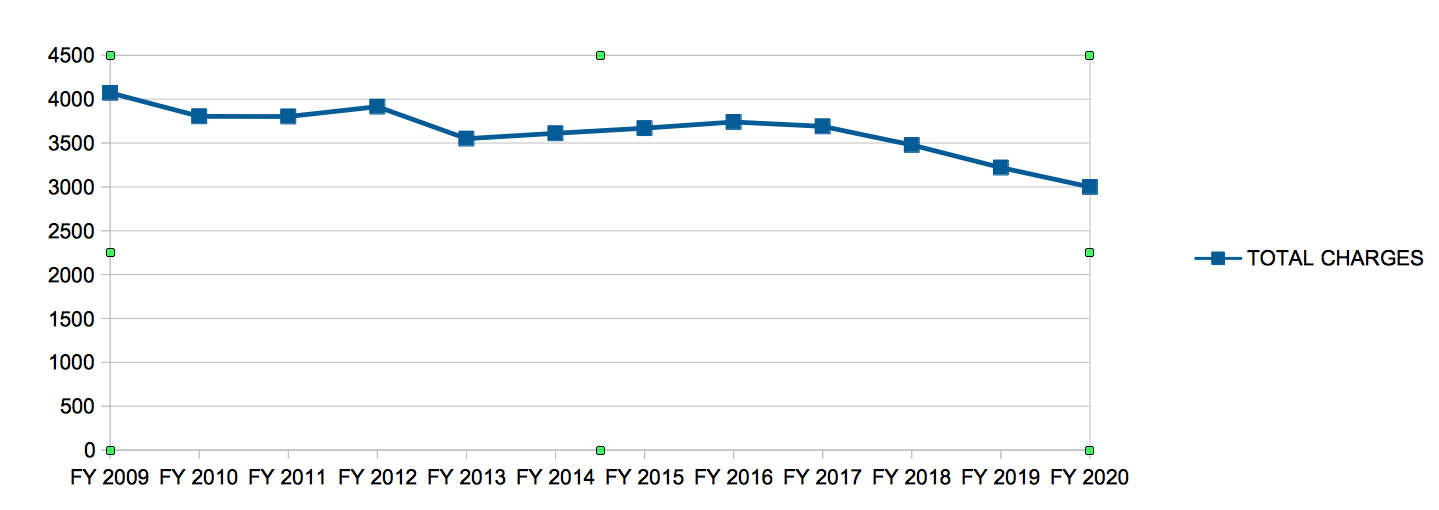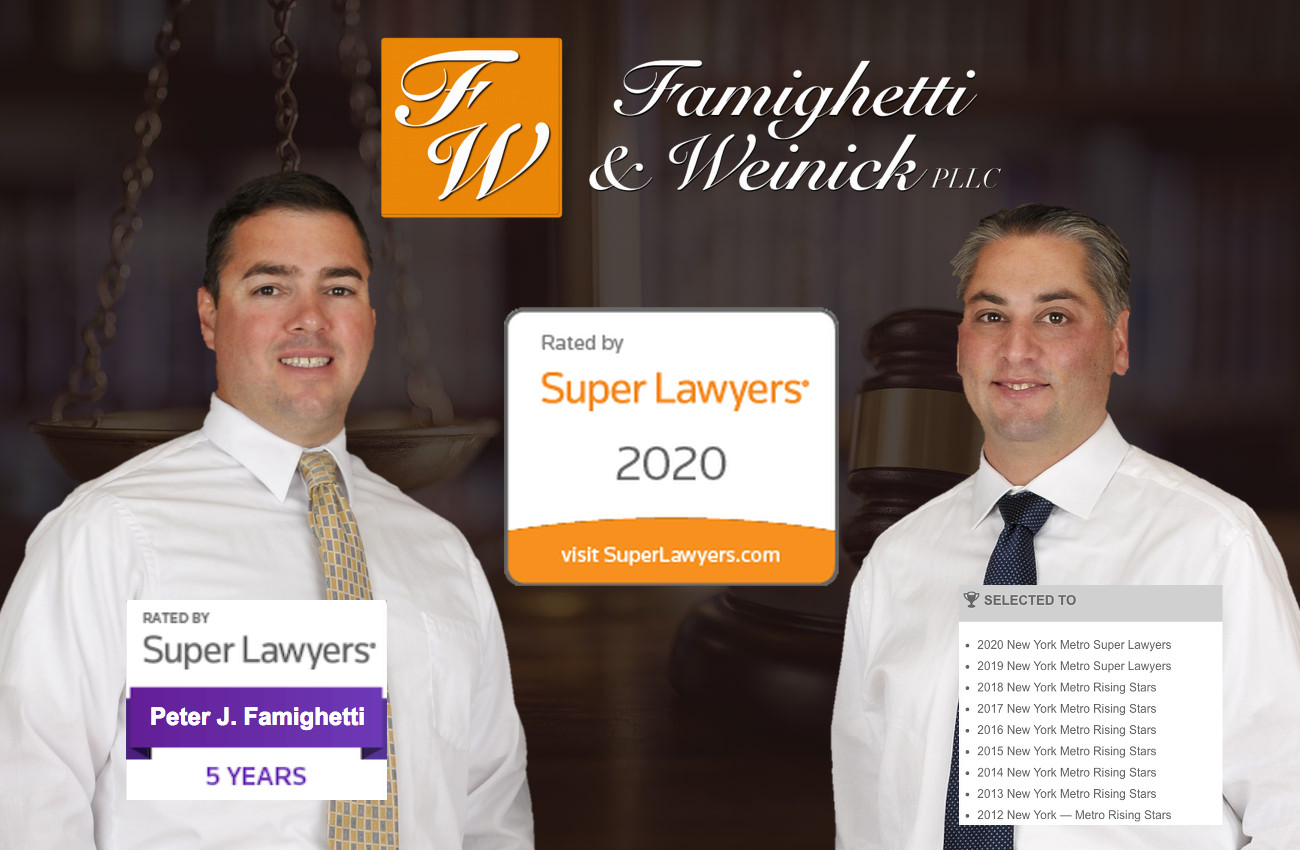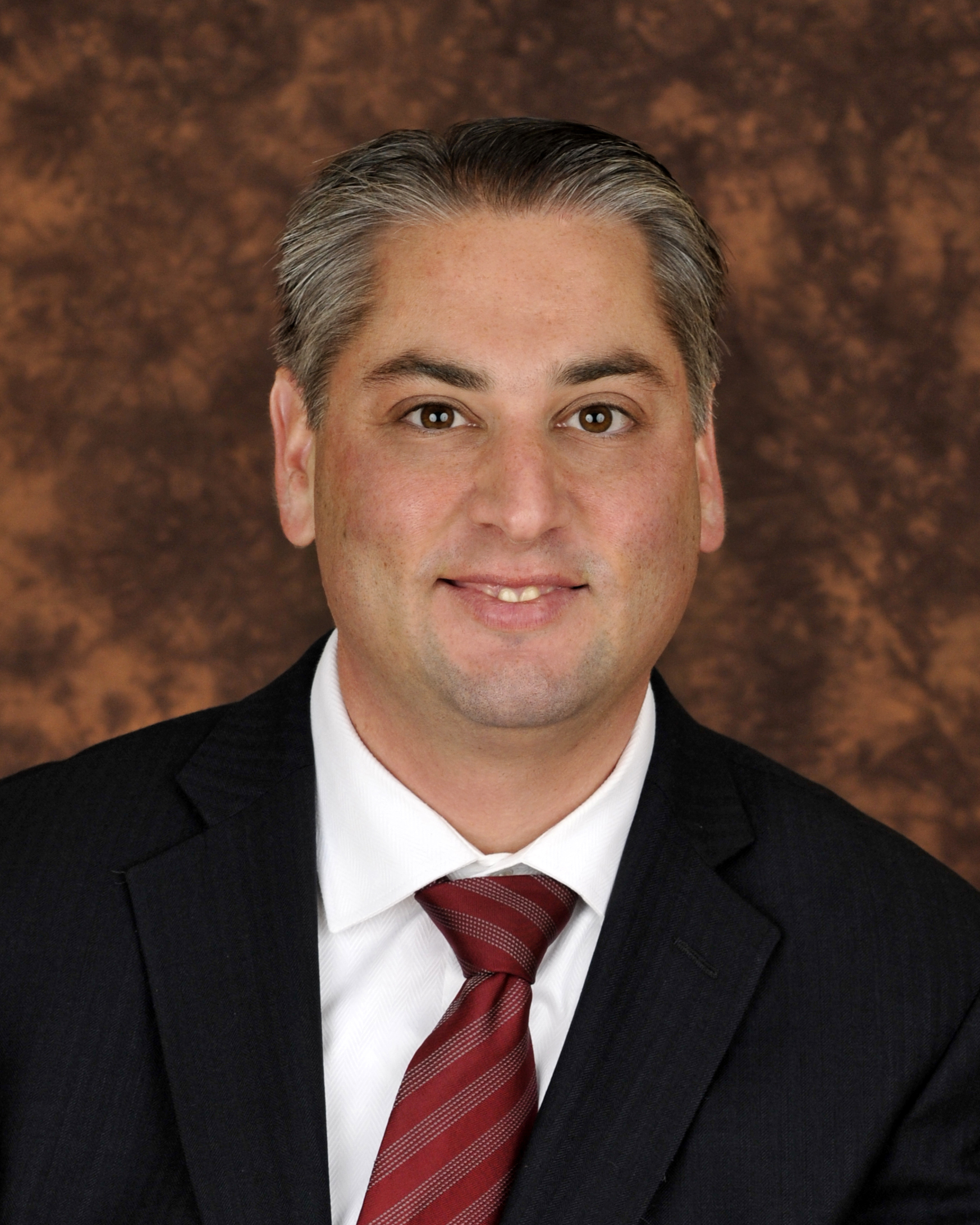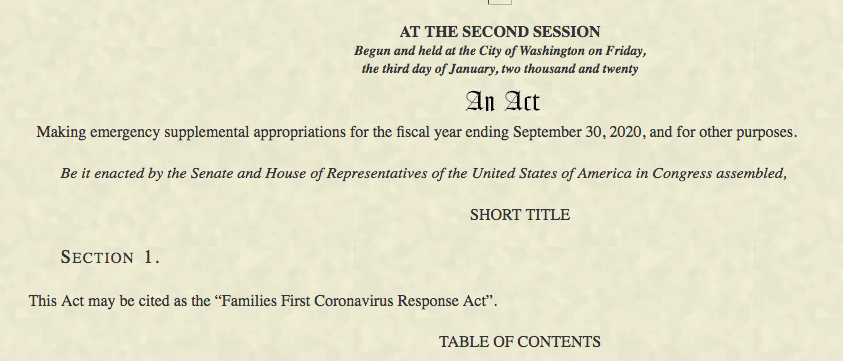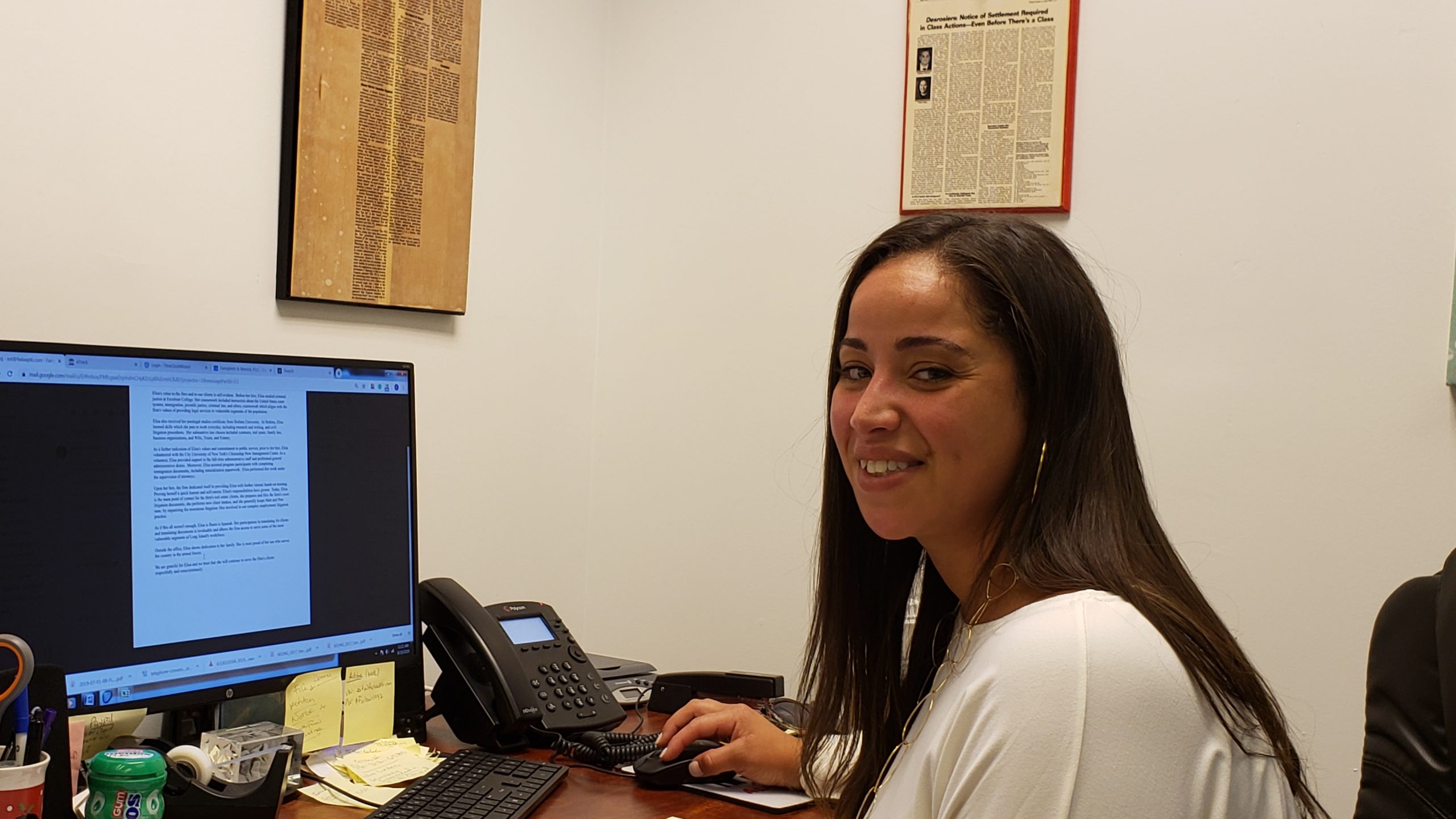On August 24, 2023, the Honorable Philip M. Halpern administered the judicial oath of office to employment lawyer Matthew Weinick, marking Weinick’s appointment to the panel of mediators serving the United States District Court, Southern District of New York. As a panel mediator, Weinick will be randomly selected to serve as a mediator for cases…
Continue reading ›Your Side









